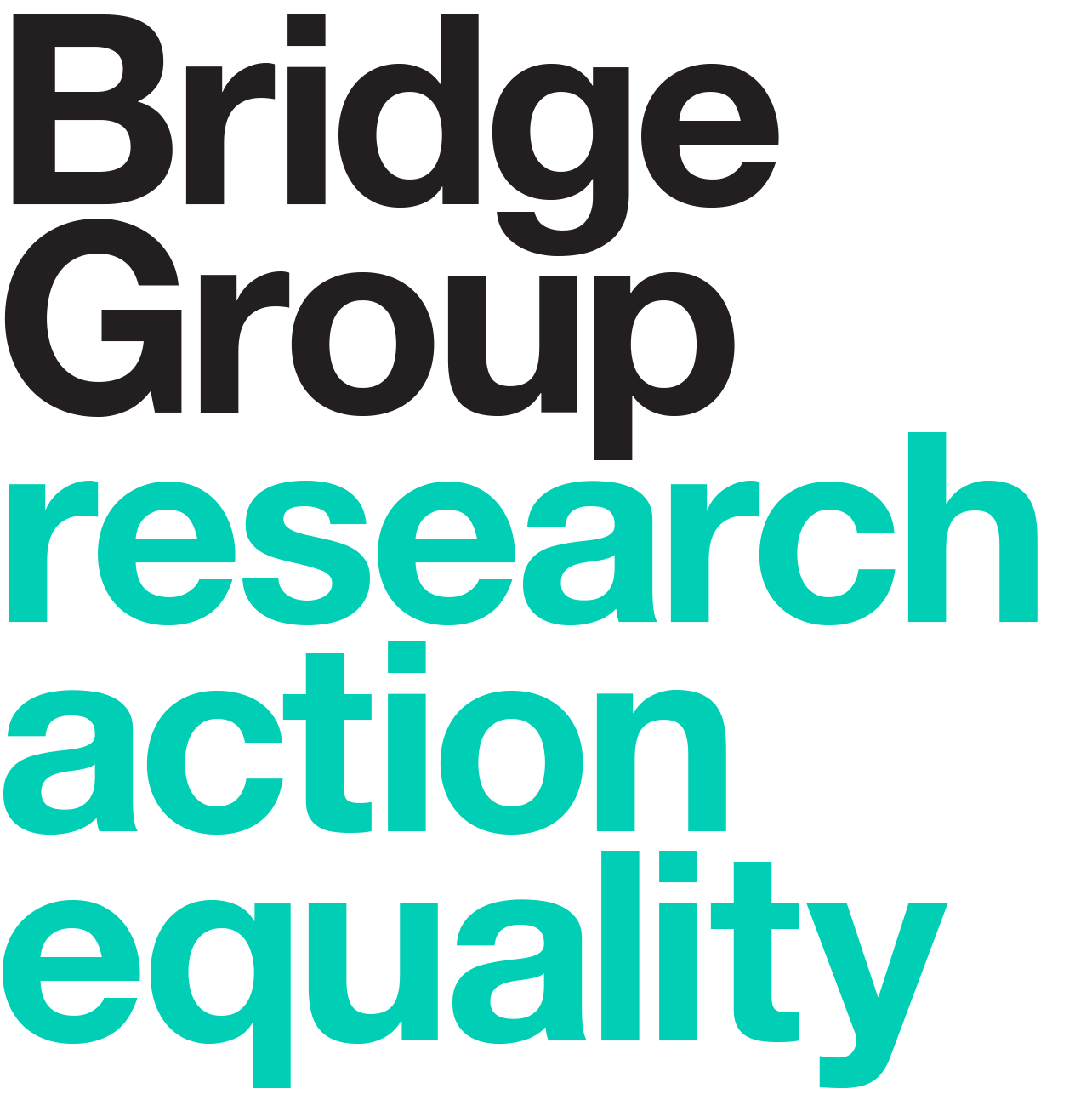The attainment gap needs systemic solutions, not sticking plasters
Addressing the post-pandemic attainment gap needs systemic solutions, not sticking plasters
Universities Minister Michelle Donelan suggested in a recent speech that universities “should be doing all they can to raise attainment” in schools, rather than “dumbing down” by reducing the grade requirements for entry. But evidence suggests otherwise.
Speaking at an online NEON event on 1 July, Donelan encouraged universities to adopt the model of the mathematics schools set up by King’s College London and the University of Exeter. Universities might want to consider setting up specialist schools in other subjects as well, she said.
We do not believe that this is an effective approach to addressing the anticipated post-pandemic attainment gap. These two maths schools each recruit about 70 students a year – gifted and enthusiastic mathematicians – and provide them with an excellent education in a stimulating environment. But what of the 500,000 or so other state school students who sat their GCSEs in the previous year?
The UK needs systemic solutions to the attainment gap. Those best placed to provide them are trained schoolteachers with a deep understanding of the curriculum. Universities’ primary contribution to this is through their schools of education: in training teachers and in researching effective pedagogies. This is sustainable and scaleable.
Covid-19 has prompted us all to explore complementary solutions. The National Tutoring Programme is a government-funded, sector-led initiative to support schools in addressing the impact of Covid-19 school closures on pupils’ learning. Subsidising tutoring by partner organisations and placing trained graduate coaches within schools sounds promising, especially since it is anchored in the school sector. It will be important to secure coaches for schools in rural areas: the Bridge Group found lower levels of attainment amongst pupils living in remote areas, even before the pandemic.
University outreach, along with that provided by many charities, can support attainment by motivating young people, enriching the curriculum and coaching individuals. But we are not aware of significant impact on formal achievement at school level. University outreach should continue to play to its strength, which is inspiring learners to consider higher education options, enabling them to make informed decisions and supporting their applications.
The latter includes contextual admissions, an accepted measure across the higher education sector since about 2004. This involves taking applicants’ background into consideration during the admissions process and potentially preferencing those from less advantaged backgrounds or reducing their offer requirement. There is good evidence that this helps to recruit students who succeed on course.
The need to support applicants from less advantaged backgrounds will be acute this year, when universities receive applicants’ examination results and then confirm which they will admit. As I noted in an earlier blog, this year’s system of teachers’ awarding grades that are then moderated by exam boards is fair in principle – but no one knows whether it will be so in practice.
University applicants from less advantaged backgrounds are more likely to have struggled through school closures with limited or no access to the internet and other resources, nowhere quiet to work or additional caring responsibilities. They are more likely to be attending schools less adept at managing the new exam grading system.
Accepting such applicants with slightly lower offers is not “dumbing down”, but a socially responsible act underpinned by evidence – and basic decency.
Director of Higher Education and Impact at the Bridge Group
